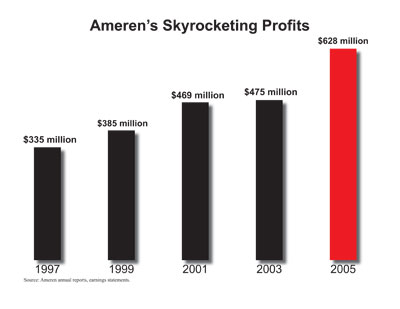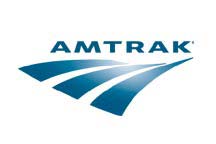Do you think District 150 should be allowed to raise your taxes without a referendum?
If not, you’ll want to pay attention to this story. It’s not online, unfortunately, so here’s a lengthy quote from Clare Jellick’s story in the 10/3/2006 Journal Star titled, “Senator fighting Governor’s veto,” subhead, “Shadid supports bill for school construction”:
PEORIA — State Sen. George Shadid wants to override the Governor’s amendatory veto of a bill that benefits District 150, the senator said Monday.
The bill, originally sponsored by Shadid, allows the district to ask the Peoria Public Building Commission to issue bonds for school construction. The district plans to repay the bonds by restructuring its property tax levy, but the governor doesn’t want this method used without voter approval.
Gov. Rod Blagojevich considers this funding structure as raising taxes; District 150 does not, and Shadid is prepared to fight against the veto.
“(The School Board) is elected by the people in this community, so I’m going to take their word for it that they’re not going to raise taxes,” said Shadid, who initially supported the governor’s proposed changes.
The debate is over what’s considered raising taxes. The district intends to replace old bonds with new bonds, meaning that the tax rate will stay the same, but people will be paying the rate longer. If the district issued no new bonds, the tax rate would drop gradually starting next year.
The old bonds would be paid off completely by 2012. The district is proposing that the rate continue until 2015 at the earliest and 2020 at the latest.
“Could (taxpayers) enjoy a tax reduction without this (legislation)? The answer is clearly yes, but the school district clearly needs to build, and it needs to borrow to do it,” district treasurer Guy Cahill said Monday.
The School Board passed a resolution Monday to cap the tax rate, which is enough assurance for Shadid. He intends to use this during the fall veto session to make his case for the override.
“I feel comfortable with them giving me this resolution that they’re not going to raise the rate,” Shadid said.
[The Governor still stands by his amendatory veto.]
The soonest the amendment could be considered is November. A majority vote in both houses is needed to accept the change. A super-majority (three-fifths vote) in both houses would override Blagojevich’s veto and make the original version of the bill law.
A couple of comments are in order here. First, the school board passed a resolution saying they would cap the tax rate, and that’s enough assurance for Shadid that they won’t raise taxes. There are two obvious problems with this:
- The school board changes over time; just because this school board promises to do something doesn’t mean it can’t be overridden by a later board. And, of course, there’s nothing preventing this school board from reneging, either.
- Whether or not they promised a rate cap completely misses the point. The tax rate is supposed to go down starting next year. If it doesn’t, then the school board is clearly raising our taxes; Cahill even admitted it. The point is that tax increases such as this should be approved by the voters — you know, the ones who have to pay the taxes.
Secondly, Cahill claims “the school district clearly needs to build.” Oh? Kind of like they “clearly” needed to close Blaine-Sumner Middle School (built in 1927) because the building was so decrepit, yet once it was closed they were somehow miraculously able to immediately rehabilitate it for use as district offices, even adding air conditioning? If this was one of the worst (and since it was one of the first schools to be closed, we can only assume it was), then I’d say their schools aren’t in as bad of shape as we’ve been led to believe.
No, it’s not at all clear that the district needs to build. It’s crystal clear that they want to build. The fact that the district is trying to find a way around the voters only shows they are so certain the public won’t buy it, they’re not even going to attempt a referendum. Rather than go through the difficult work of proving their “need” for new buildings and the funding for them, then pursuading the public to pass a referendum, they’d rather pick taxpayers’ pockets.
And that’s what Senate Bill 2477, without the Governor’s amendatory veto, will allow them to do: pick our pockets. But why has the Illinois General Assembly been in favor of this bill in the first place? And what are the odds they’ll be able to override the Governor’s veto? I’ll explore some possible answers in my next post.


 The
The